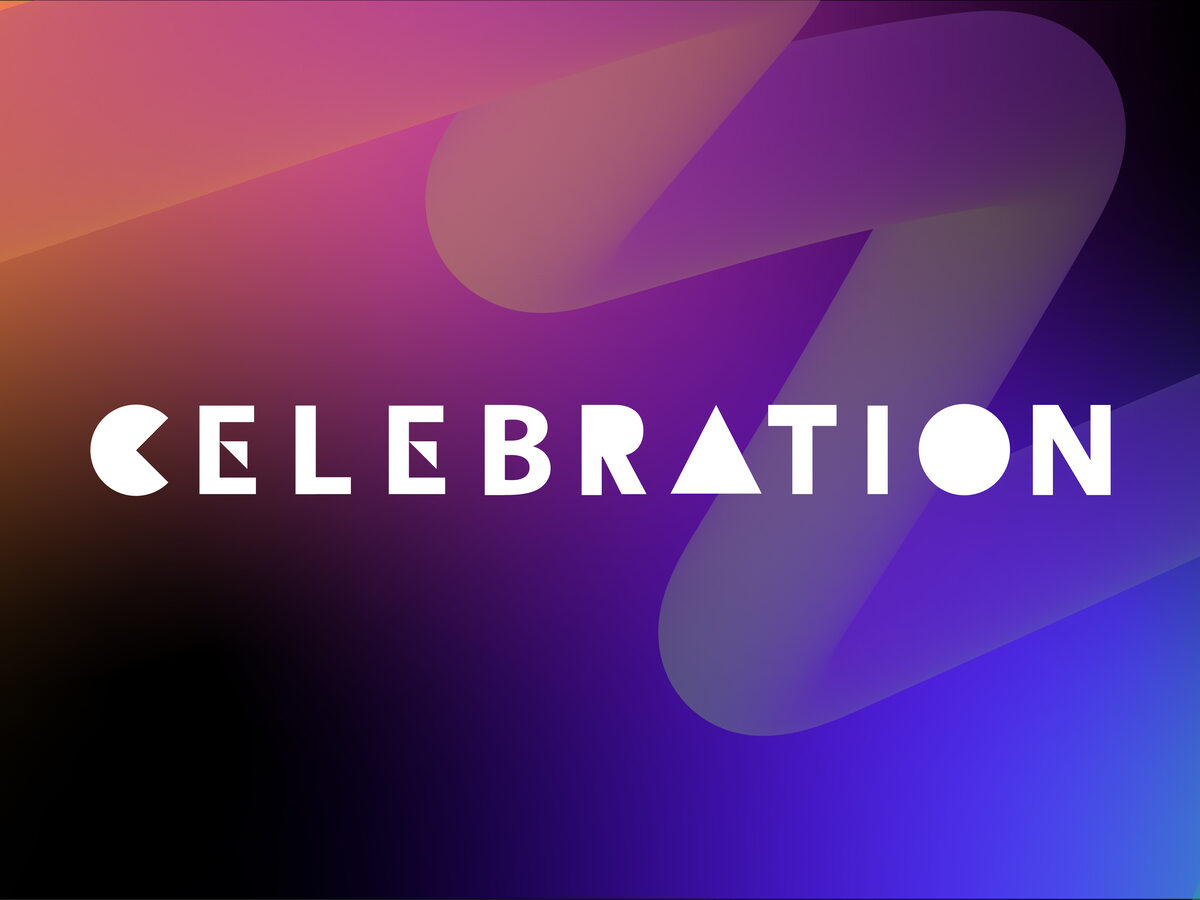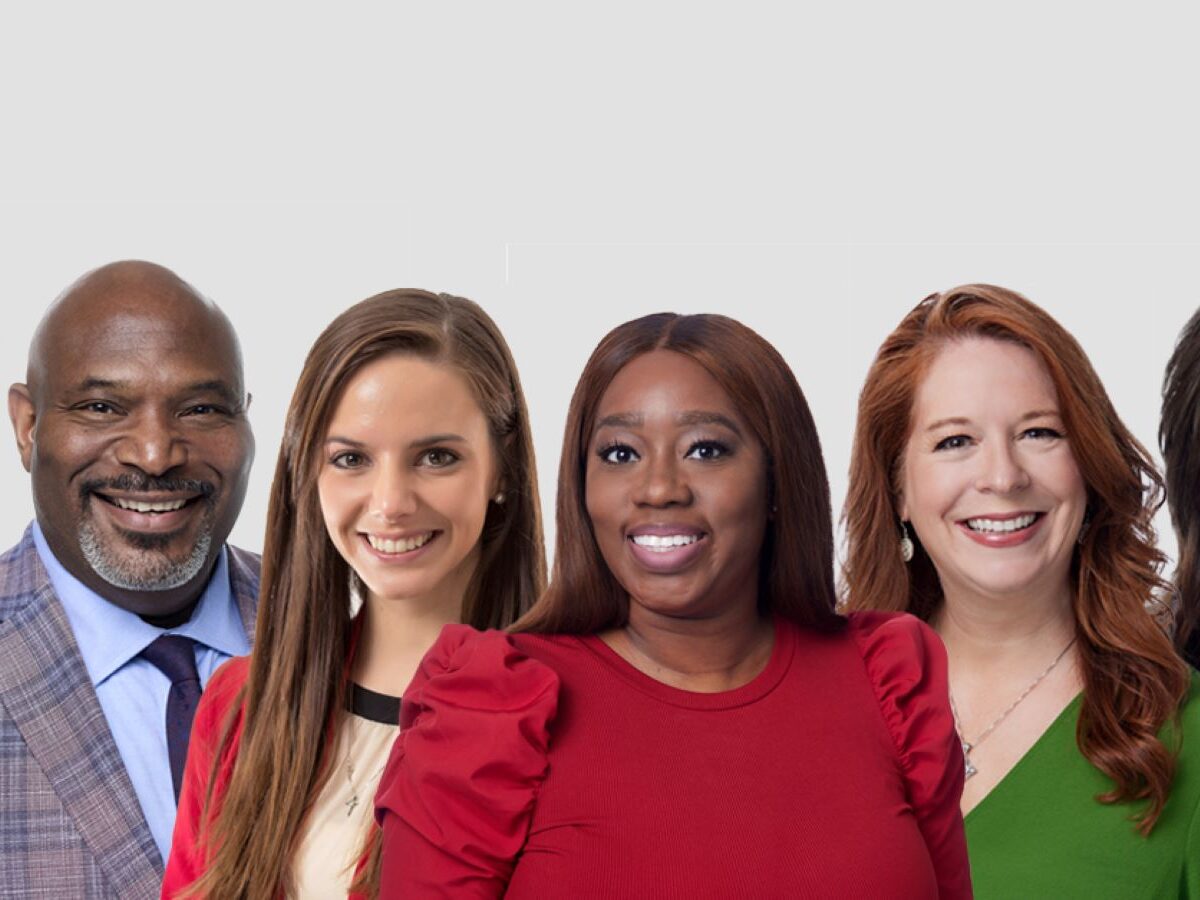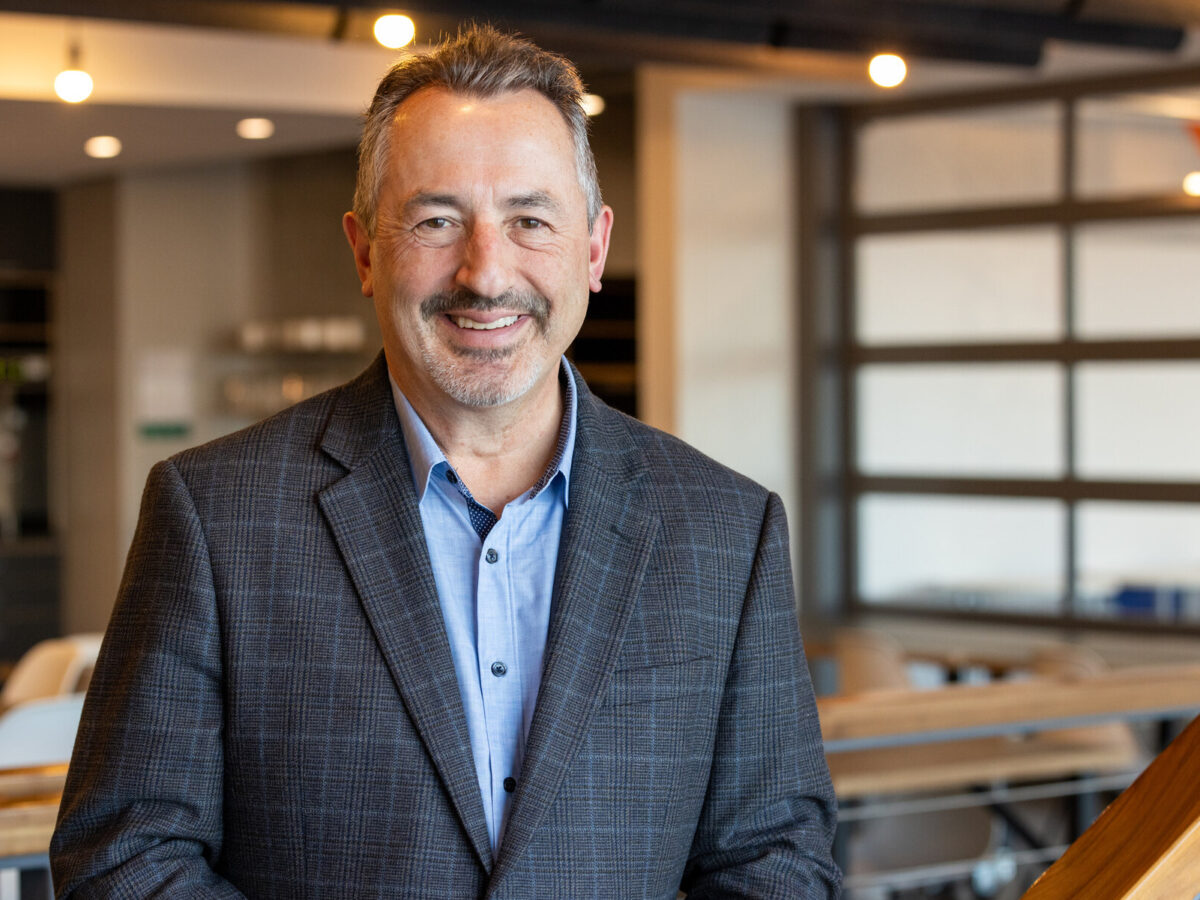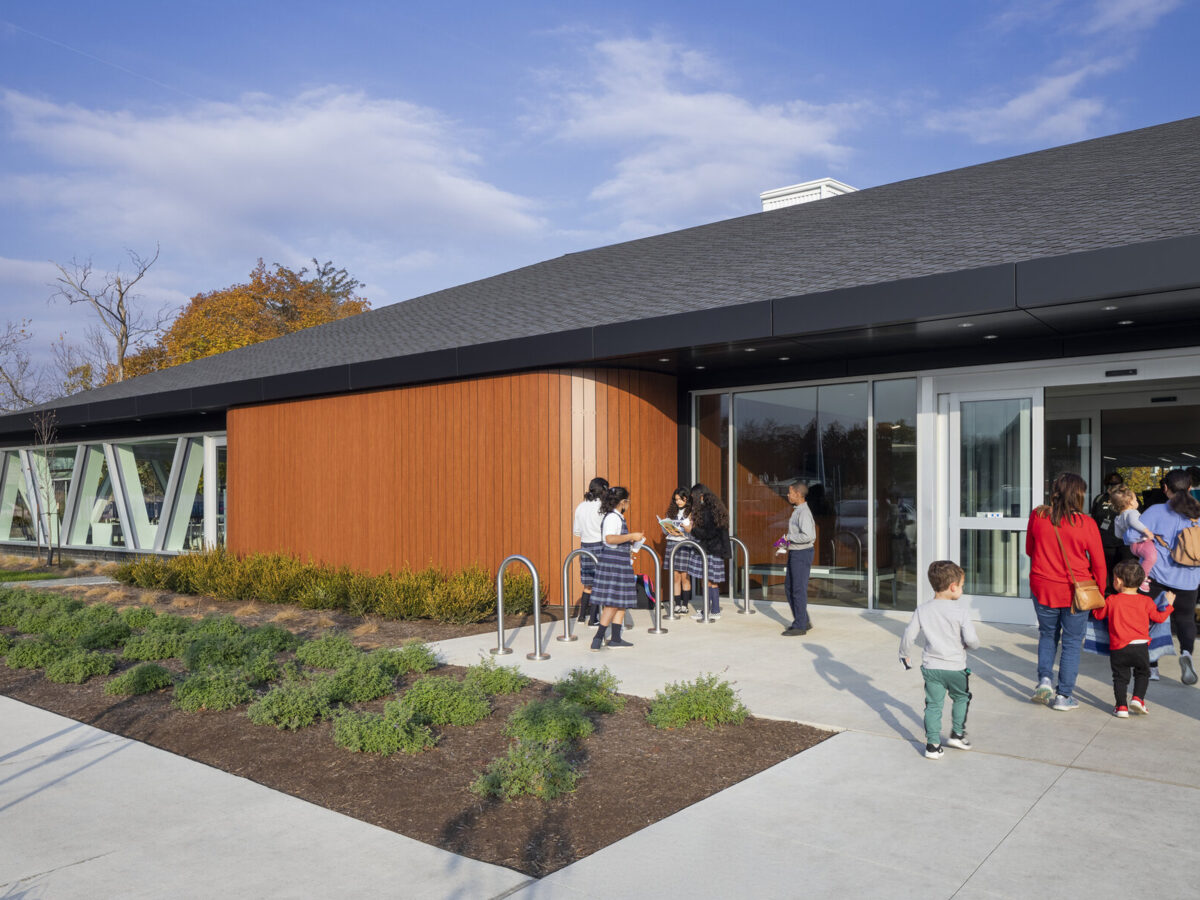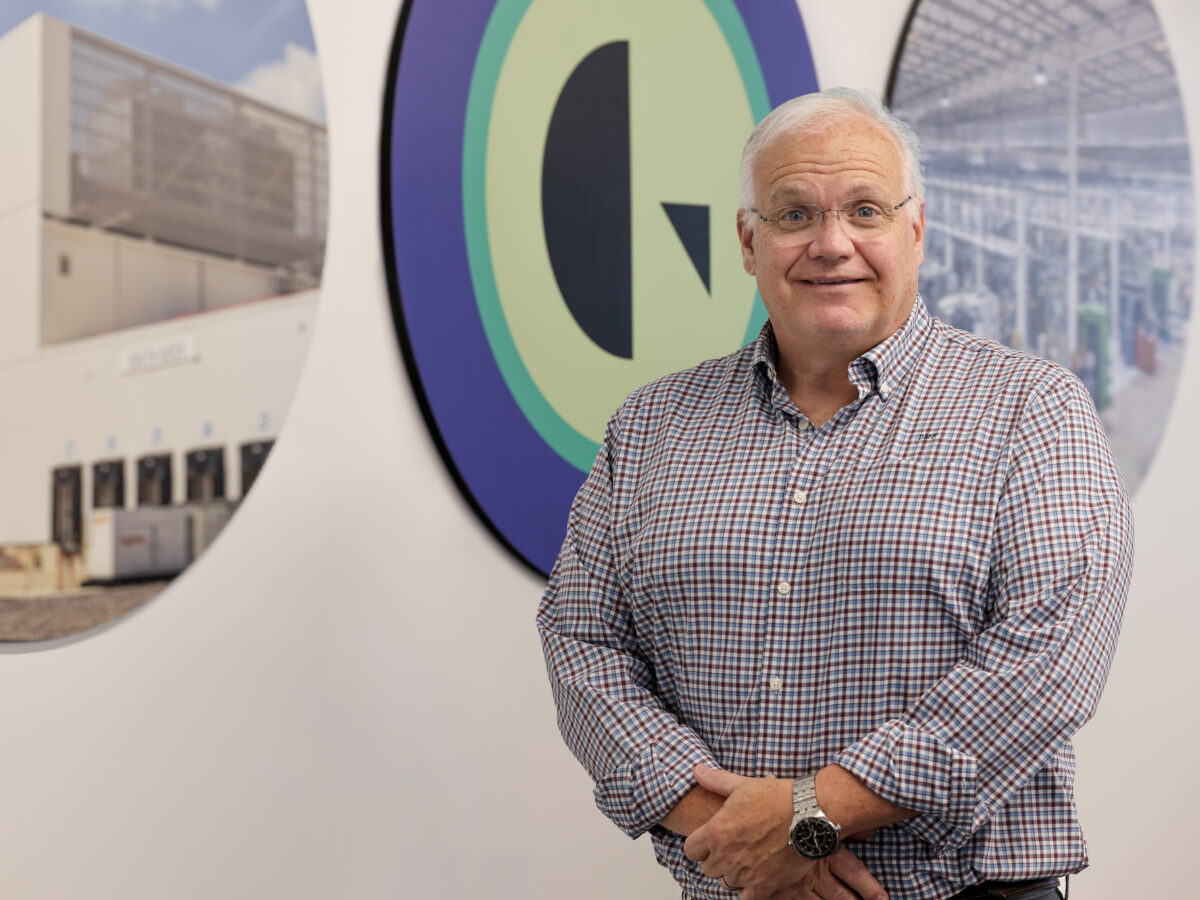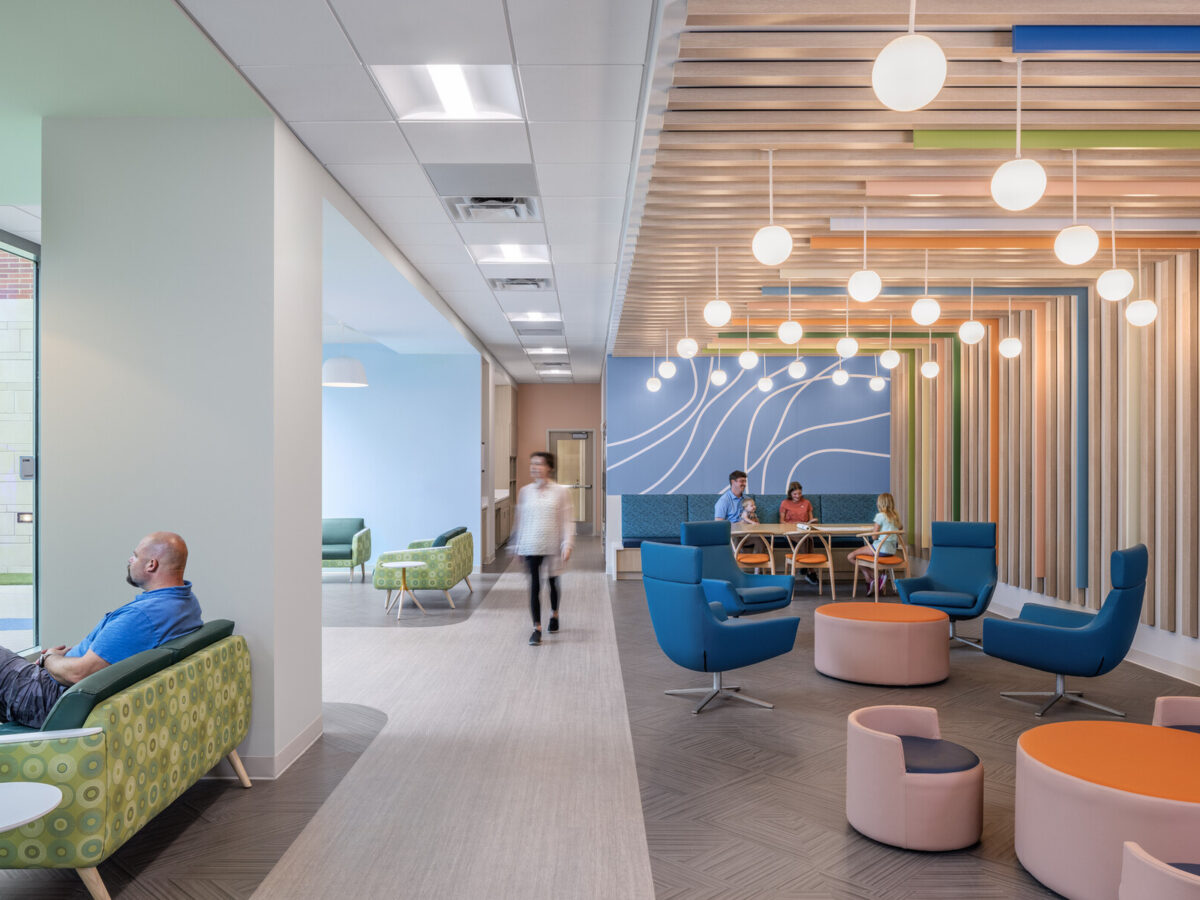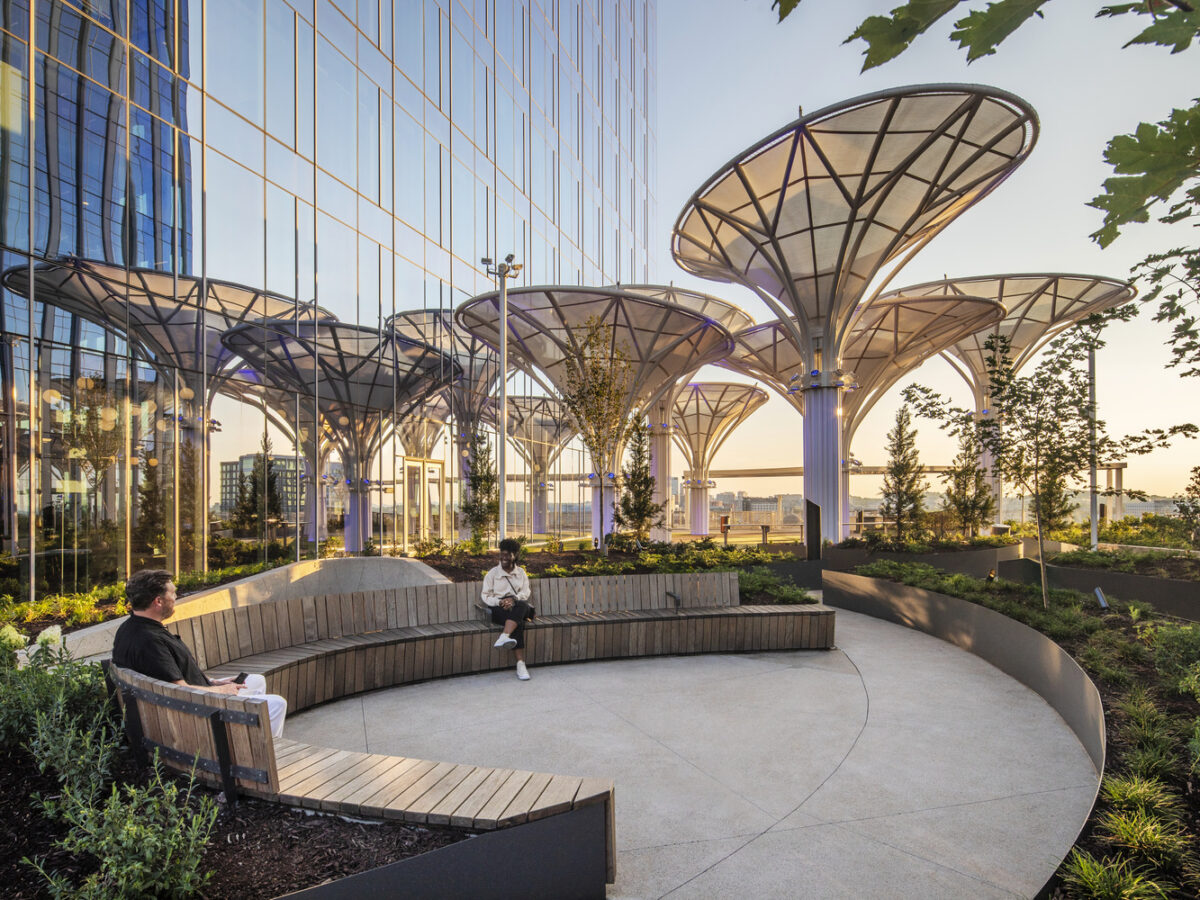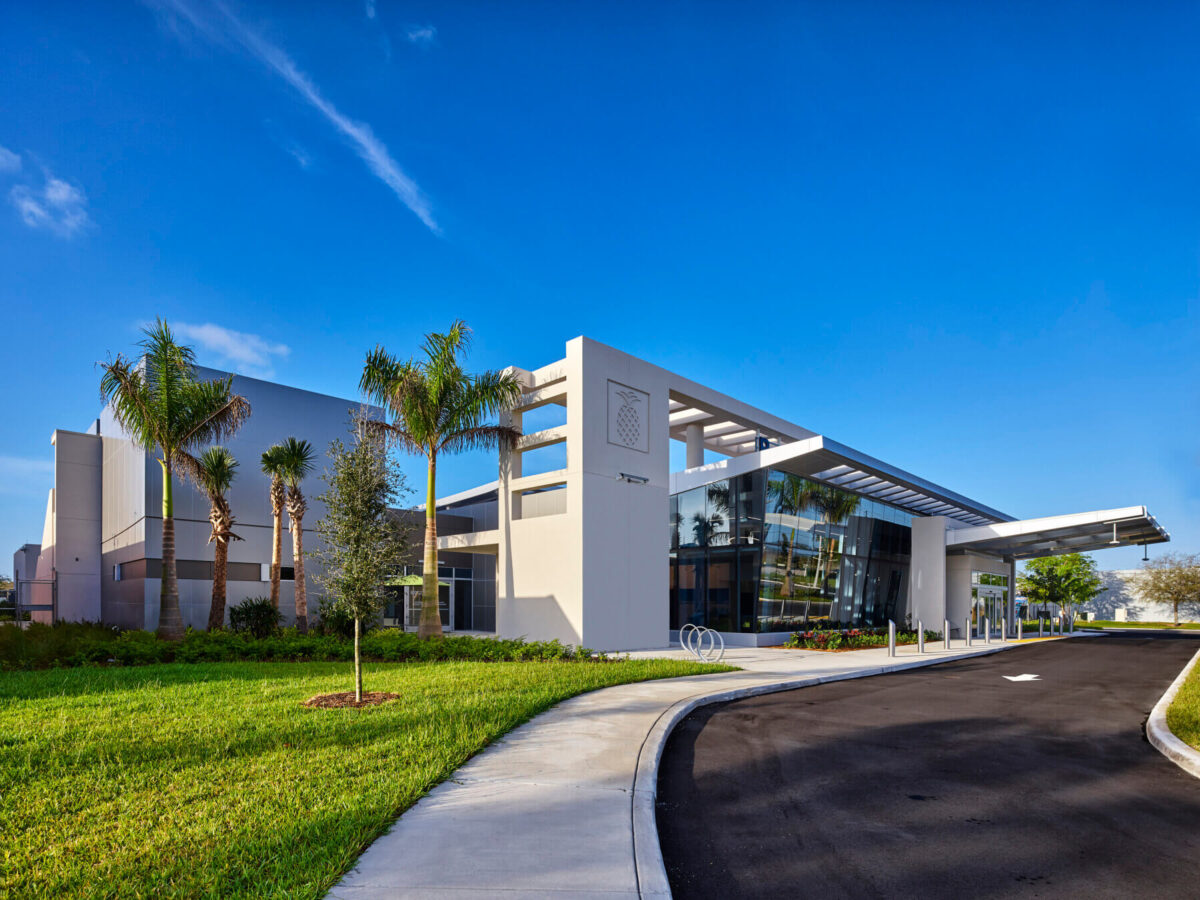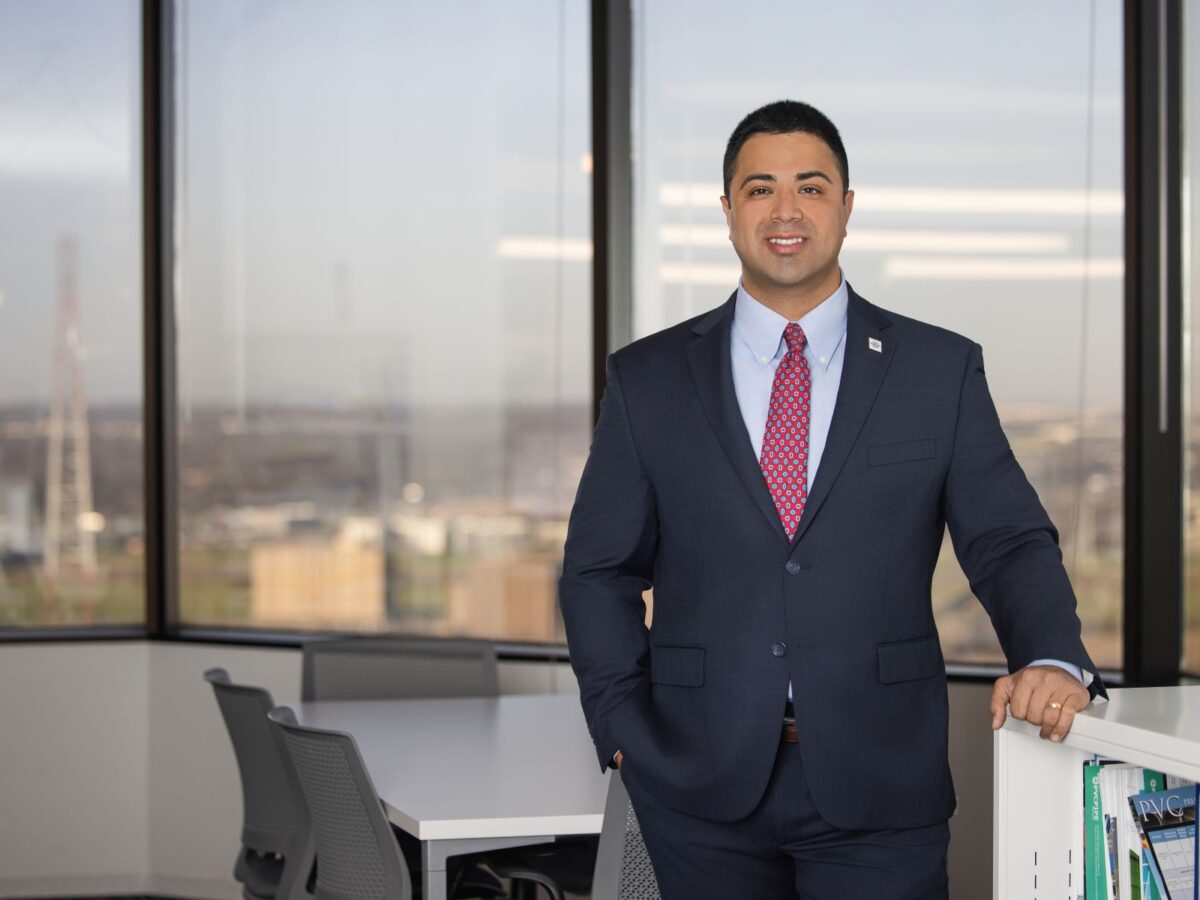For the rest of June, we are changing our social media background images to match the colors represented by graphic designer Daniel Quasar’s Progress Pride flag in honor of Pride Month. Quasar developed the flag in 2018 to incorporate the traditional LGBT colors of red, orange, yellow, green, blue and violet with black and brown to represent people of color, and baby blue, baby pink and white to represent the transgender flag created by Monica Helms—a U.S. veteran, activist and trans woman.
We believe that this expanded color palette not only represents the diversity of our employees, but also signifies where we, as a firm, are headed in our efforts to build a more inclusive culture.
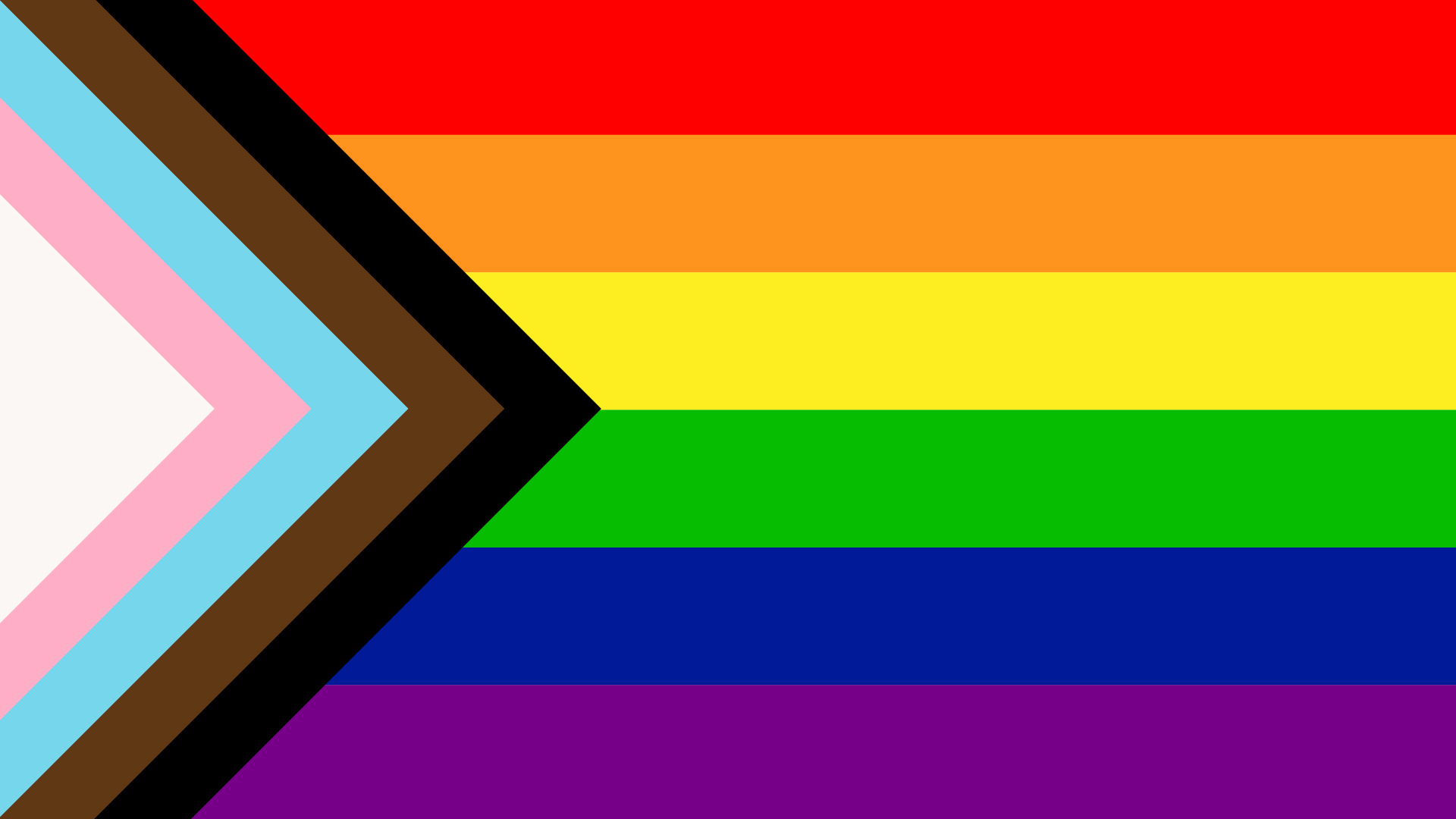
Of course, this begs the question: Why are we changing our colors now, at the end of Pride Month, when we could have done so on June 1? Our decision to not change our background images for the entire month is the result of several factors, including understanding that corporate “rainbow washing” isn’t what the LGBTQ+ community wants or needs from companies. We want to be thoughtful. We want to be intentional. We want to be genuine. More than talking the talk, we want to make sure that we’re walking the walk.
As we listen to our LGBTQ+ employees, we acknowledge that we still have work to do in order to truly support our LGBTQ+ employees and communities. Genuine and impactful support does not come in the form of a rainbow logo. It comes in the form of inclusive and protective policies, expectations and accountability regarding mutual respect among our employees, and being comfortable with uncomfortable conversations.
As part of our continued dialogue, we believe that it’s important to share perspectives from our LGBTQ+ employees on how to create and maintain a culture that is inclusive to all. We also believe that it’s fitting to have this conversation during the days surrounding the anniversary of the Stonewall Riots—which, after all, is the reason that we celebrate Pride Month in June.
Brandon Salas, chair of our LGBTQ+ Alliance Employee Resource Network, shares his vision for inclusivity along with his personal story about coming out in the workplace and assistant project manager Melanie Biscuso reminds us of the pivotal role that trans and gender-nonconforming people of color played in the Stonewall Riots. We hope that their words will help move the conversation forward—both within our firm and across our communities.
It is also my personal hope that we never say “we’ve arrived” in creating an inclusive culture. Forward momentum ceases once the end of a journey has been reached. Do we want to celebrate our progress? Of course we do, but we also need to acknowledge the long road ahead of us.
We must consistently strive to raise awareness of—and question—our conscious and unconscious biases. We must be ever vigilant against the temptation to declare ourselves truly “woke.” We must recognize that each of us has a responsibility, as individuals and holistically as a firm, to not simply be allies, but to be advocates—not just for a month, but throughout the course of our lifetimes.



